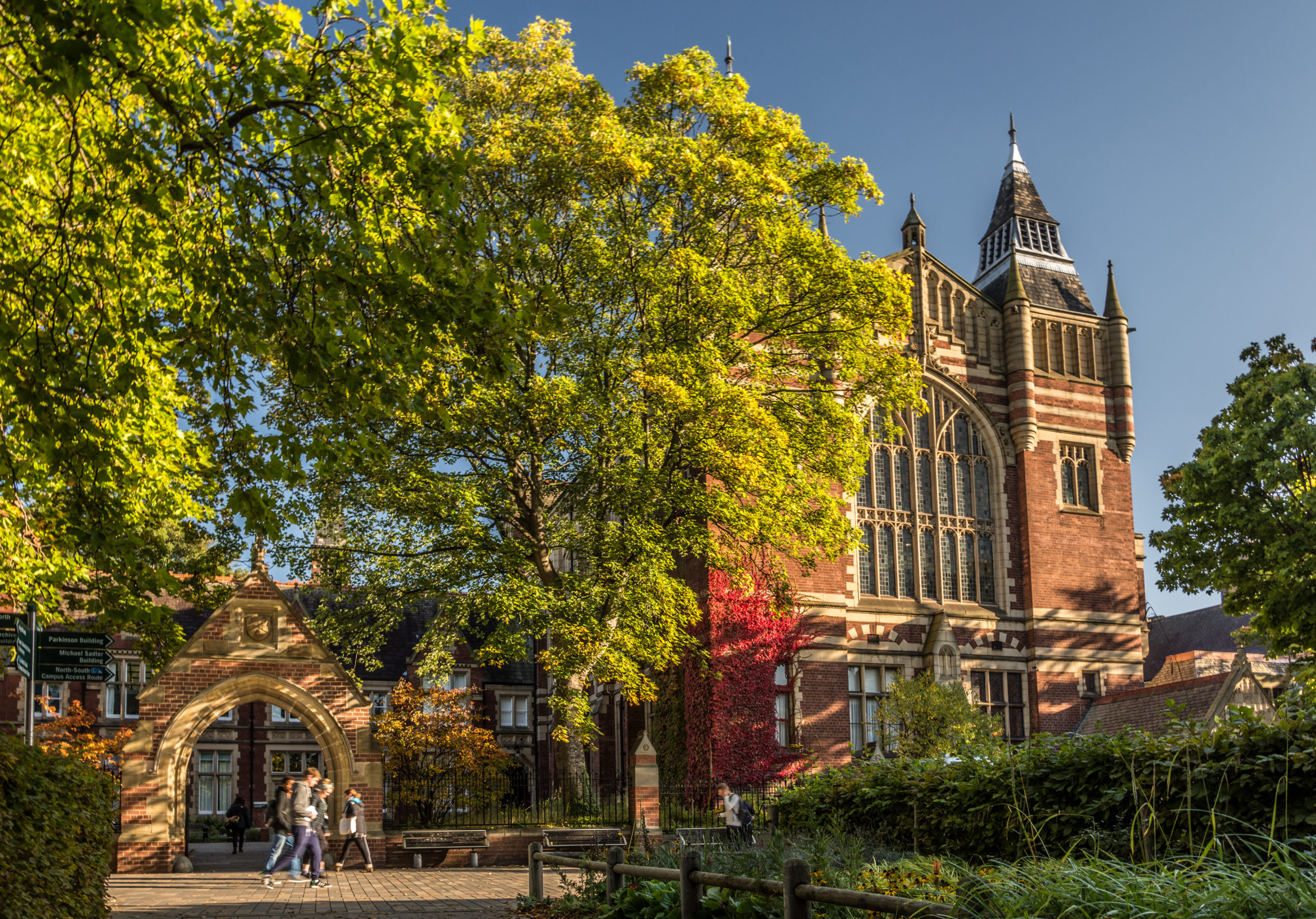Leeds is top three in UK for sustainable impact

Today, the global Times Higher Education Impact Rankings recognised the University of Leeds as one of the top three in the UK and 11th worldwide.
The impact rankings measure university impact across the 17 United Nations Sustainable Development Goals, which cover everything from reducing inequalities and making cities safe resilient spaces to sustainable procurement.
Globally, Leeds placed joint 11th with Newcastle University and joint third in the UK out of 766 educational institutions worldwide.
This year is the first time the University has submitted evidence to the ranking and the result is recognition of the positive actions of the whole University community working together, leading by example to achieve a sustainable future not only for the university but also globally.
Working together across continents has never been more important as we address the devastating effects of a global health pandemic, and tackle the climate crisis.
Vice-Chancellor Sir Alan Langlands said: “I am proud that the University of Leeds has been recognised as contributing in such a profound way to the vital challenges encapsulated in the UN Sustainable Development Goals.
“Achieving 11th place in the global rankings is a truly remarkable achievement; and is testament to the commitment, creativity and sheer hard work of our staff and students in every aspect of sustainability.
“Working together across continents has never been more important as we address the devastating effects of a global health pandemic, and tackle the climate crisis. The University is unfailing in its commitment to creating a sustainable future, and our education and research will continue to be sharpened through the lens of social, economic and environmental impact on a global scale.”
Sustainability is a strategic foundation of the University and this result is a testament to its approach and commitment. Led by the Sustainability Service but realised by the whole University, sustainable practice is integrated not only through research and teaching, but also how it operates as an institution and works with the city and wider community.
Achieving a sustainable future
The United Nations Sustainable Development Goals (SDGs) are a global framework to achieve a more sustainable future for all.
In 2018 Vice-Chancellor Sir Alan Langlands signed the UN SDG Accord, a global commitment for the Education sector to embrace the critical role that education has in delivering the SDGs and share learnings and best practice both nationally and internationally through the annual UN High Level Political Forum.
The THE Impact Rankings grade universities against their contribution towards each of the 17 SDGs, and the University of Leeds scored particularly highly in: Partnerships for the Goals, Reducing Inequalities, Climate Action and Sustainable Cities and Communities.
Partnerships for the Goal, involves implementing local and global partnerships for sustainable development and encompasses elements of all 17 SDGs. The University came second globally in this area which reflects the holistic and collaborative approach the University takes towards sustainability.
Partnerships on a global and local scale
The University supports more than 70 research projects through the Global Challenges Research Fund and Newton Fund investigating the key issues facing the world such as climate change and resilience, sustainable agriculture, pollution and environmental degradation, clean water supply, and improved health.
Collaboration on a local and campus scale is vital in the University’s goal to embed sustainability into all aspects of its curriculum and operations, such as through its pledge to eliminate all single-use plastic by 2023 and its award winning Leeds Sustainable Curriculum programme working to incorporate sustainability into every taught module offered at Leeds.
Dr Louise Ellis, Director of Sustainability, said: “Our approach to sustainability is a whole institution approach, and this is reflected in our success in this ranking. Thank you to everyone who is doing amazing work to address the social challenges we face, from social and educational inequality to climate change and cities.
“This ranges from what and how we teach, the solutions we find through our research and the way we work. I am so proud of the Leeds staff and student community and know that we have got even more to give than is reflected in this ranking.
“I’m excited about continuing this work and the newly revised sustainability strategy, reinforcing our commitment to environmental, economic, social and cultural impacts.”
Later this year the University’s revised sustainability strategy will be launched, detailing how it will continue to drive change and achieve our vision for a sustainable university by 2050.
To find out more about sustainability at the University, please visit: www.leeds.ac.uk/sustainability
